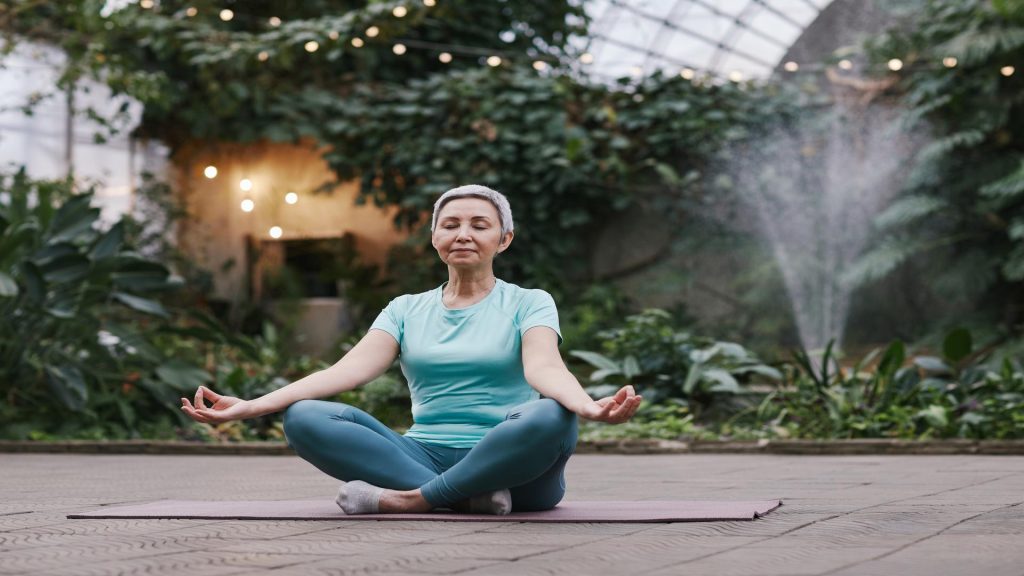
Article Outline: Sensitive Skin Care
1. Introduction
- Brief explanation of sensitive skin
- Importance of proper care for sensitive skin
- Overview of the article content
2. Understanding Sensitive Skin
- Defining sensitive skin
- Common triggers and symptoms
- Differences between sensitive skin and other skin types
3. Identifying Your Skin Sensitivities
- Types of skin sensitivities
- Methods to determine skin sensitivities
- Importance of identifying triggers for personalized care
4. Building a Gentle Skincare Routine
- Importance of a gentle skincare routine for sensitive skin
- Cleansing and exfoliating tips for sensitive skin
- Suitable products and ingredients for sensitive skin
5. Moisturizing and Nourishing Your Skin
- Hydration and moisturization for sensitive skin
- Selecting suitable moisturizers and serums
- Tips for nourishing sensitive skin
6. Sun Protection for Sensitive Skin
- Importance of sun protection for sensitive skin
- Choosing suitable sunscreens
- Additional precautions for sun-sensitive individuals
7. Managing Sensitivity Triggers
- Lifestyle changes to minimize sensitivities
- Avoiding common irritants
- Tips for managing flare-ups
8. Makeup and Sensitive Skin
- Selecting makeup products for sensitive skin
- Application tips and techniques
- Removing makeup without irritation
9. Seeking Professional Help
- When to consult a dermatologist
- Treatment options for sensitive skin conditions
- Addressing underlying issues
10. Lifestyle and Dietary Considerations
- The impact of lifestyle choices on sensitive skin
- Dietary tips for maintaining healthy skin
- Stress management and its effect on sensitive skin
11. Natural Remedies for Sensitive Skin
- Introduction to natural remedies
- Popular natural ingredients for sensitive skin
- Precautions and considerations
12. Tips for Traveling with Sensitive Skin
- Preparing for travel with sensitive skin
- Packing essentials and precautions
- Coping with skincare challenges during travel
13. Caring for Specialized Areas
- Extra care for sensitive areas like the eyes and lips
- Suitable products and techniques for specialized areas
- Preventive measures and considerations
14. Conclusion
- Recap of key points
- Importance of consistency and patience in sensitive skin care
- Encouragement for individuals with sensitive skin
Article: Sensitive Skin Care
Please note that this is a placeholder for the actual article.
1. Introduction
Sensitive skin requires special care and attention to maintain its health and appearance. It can be challenging to navigate the world of skincare when you are prone to reactions and irritation. In this comprehensive guide, we will explore the best practices and tips for sensitive skin care. From understanding your skin sensitivities to building a gentle skincare routine, managing triggers, and seeking professional help, we will cover everything you need to know to keep your sensitive skin happy and healthy.
2. Understanding Sensitive Skin
Sensitive skin refers to a skin type that is more prone to irritation and reactions compared to other skin types. It can be caused by a variety of factors such as genetic predisposition, environmental factors, or underlying skin conditions. Common symptoms of sensitive skin include redness, dryness, itching, and a tendency to react to certain skincare products or environmental triggers. It is essential to differentiate between sensitive skin and other skin conditions to ensure appropriate care and treatment.
3. Identifying Your Skin Sensitivities
To effectively care for your sensitive skin, it is crucial to identify the specific sensitivities and triggers that affect your skin. There are different types of skin sensitivities, including sensitivities to certain ingredients, temperature changes, or external factors like pollution. By understanding your skin sensitivities, you can tailor your skincare routine accordingly and avoid potential irritants.
4. Building a Gentle Skincare Routine
A gentle skincare routine is essential for sensitive skin. It involves using mild, fragrance-free products that won't cause further irritation. When cleansing, opt for gentle cleansers that do not strip away the skin's natural oils. Exfoliation should be done with caution and using non-abrasive methods. Additionally, choosing suitable products and ingredients specifically formulated for sensitive skin is vital for maintaining a healthy skin barrier.
5. Moisturizing and Nourishing Your Skin
Hydration and moisturization play a crucial role in caring for sensitive skin. Look for moisturizers that are non-comedogenic and hypoallergenic, as they are less likely to cause irritation. Serums containing soothing ingredients like chamomile or aloe vera can provide additional nourishment. It is important to apply moisturizers and serums immediately after cleansing to lock in moisture and help repair the skin barrier.
6. Sun Protection for Sensitive Skin
Protecting sensitive skin from the harmful effects of the sun is vital. Choose a broad-spectrum sunscreen with at least SPF 30 that is specifically formulated for sensitive skin. Additionally, consider wearing protective clothing, seeking shade, and avoiding peak sun hours. Individuals with sun sensitivity should take extra precautions to minimize sun exposure.
7. Managing Sensitivity Triggers
Identifying and managing sensitivity triggers is crucial for maintaining healthy skin. Making lifestyle changes, such as avoiding harsh chemicals and irritating fabrics, can significantly reduce skin sensitivities. Furthermore, minimizing stress and practicing relaxation techniques can help manage flare-ups. It is essential to pay attention to your skin and adjust your routine accordingly to minimize sensitivities.
8. Makeup and Sensitive Skin
Individuals with sensitive skin should choose makeup products that are labeled as hypoallergenic and free from common irritants. Applying makeup with clean hands or brushes and opting for light, breathable formulas can help minimize potential reactions. Additionally, removing makeup gently and thoroughly at the end of the day is essential to prevent clogged pores and irritation.
9. Seeking Professional Help
If your sensitive skin concerns persist or worsen, it is advisable to consult a dermatologist. They can provide a thorough evaluation of your skin condition and recommend suitable treatment options. From prescription medications to specialized skincare routines, dermatologists can offer valuable guidance and support in managing your sensitive skin.
10. Lifestyle and Dietary Considerations
Apart from skincare, lifestyle choices and dietary habits can impact sensitive skin. Avoiding smoking, excessive alcohol consumption, and maintaining a healthy diet rich in antioxidants and essential nutrients can promote overall skin health. Additionally, stress management techniques such as regular exercise, meditation, and quality sleep can have a positive impact on sensitive skin.
11. Natural Remedies for Sensitive Skin
Natural remedies can be a great addition to your sensitive skin care routine. Ingredients like oatmeal, honey, and green tea possess soothing properties that can alleviate irritation. However, it is important to note that natural remedies may not be suitable for everyone, and certain individuals may still react to them. Patch testing and consulting with a dermatologist are recommended before incorporating natural remedies into your routine.
12. Tips for Traveling with Sensitive Skin
Traveling can present unique challenges for individuals with sensitive skin. It is essential to plan ahead and pack travel-friendly skincare products that cater to your skin's specific needs. Additionally, staying hydrated, protecting your skin from harsh climates, and maintaining your skincare routine while traveling are crucial for preventing flare-ups.
13. Caring for Specialized Areas
Certain areas of the face, such as the eyes and lips, require extra care for individuals with sensitive skin. Using gentle and fragrance-free products specifically formulated for these areas can help minimize sensitivity. Additionally, preventive measures like protecting the lips with SPF lip balms and using hypoallergenic eye makeup can reduce the risk of irritation.
14. Conclusion
Caring for sensitive skin requires patience, consistency, and a thorough understanding of your skin's unique needs. By following the tips and recommendations provided in this article, you can maintain a healthy and radiant complexion despite the challenges of sensitive skin. Remember to be kind to your skin, listen to its needs, and seek professional help when necessary. With the right approach, you can achieve a skincare routine that keeps your sensitive skin happy and comfortable.
� Sensitive Skin Care
� SKINCARE
� SENSITIVE SKIN
� Discover effective tips and insights for sensitive skin care and learn how to create a gentle skincare routine to maintain a healthy complexion.
Thank you for reading. For more insights, visit our #healthzone#3.com/blog">BLOG. We appreciate your support!



